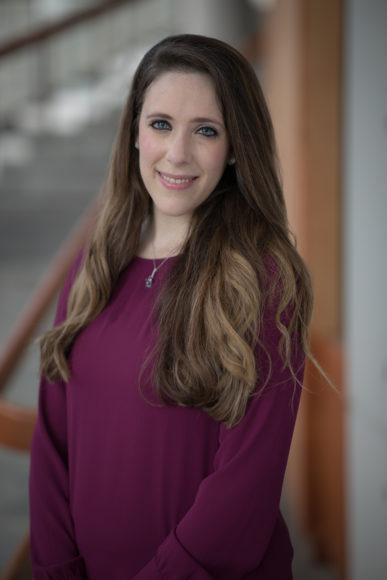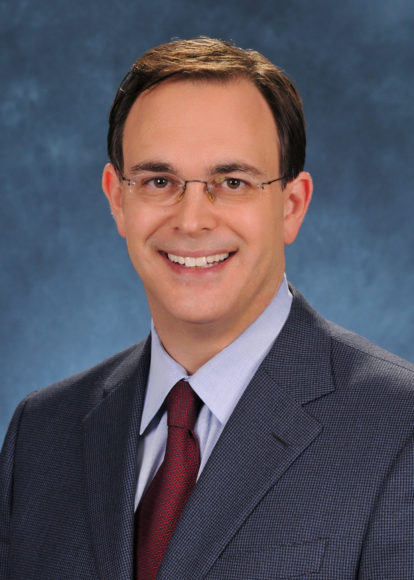November is Lung Cancer Awareness Month and not a moment too soon. Lung cancer is the leading cause of cancer deaths among men and women in the United States, taking the lives of about 150,000 people each year. About 541,000 Americans have been diagnosed with lung cancer at some point in their lives and roughly half as many new cases develop yearly.
What makes lung cancer particularly virulent is that only 16 percent of cases are diagnosed at an early stage. By the time many lung cancers are diagnosed, they are resistant to — or become resistant to — chemotherapy.
Lung cancer is primarily a disease of old age, men and particularly Black men. According to the American Lung Association, more Black men and women are likely to develop and die from lung cancer than other racial or ethnic groups, even though they smoke, the leading cause of lung cancer, less than whites. (This may have much to do with the poor quality of care Blacks have traditionally received from the medical community.)
More men are diagnosed with the disease, but more women live with it. (The five-year survival rate is 18.6 %.) Over the last 42 years, lung cancer deaths have decreased for men but increased for women. However, lung cancer deaths have peaked for both sexes and are decreasing. The use of low-dose CT scanning in early detection as well as new treatments, including immunotherapy and targeted radiation, offer hope.
Recently, we asked two experts to give us a primer on the disease and the special caregiving it requires.
Mark Hurwitz M.D., FASTRO, FACRO, is the chairman of the Department of Radiation Medicine in the New York Medical College (NYMC) School of Medicine (SOM) and director of radiation medicine at Westchester Medical Center (WMC), both of which are in Valhalla.
Board-certified in radiation oncology, Hurwitz obtained his medical degree from the Pennsylvania State University College of Medicine and served as resident and chief resident in radiation oncology at The Johns Hopkins Hospital in Baltimore. Before assuming his posts at the medical college and medical center last July, Hurwitz served as enterprise quality and safety officer for the Sidney Kimmel Cancer Center — Jefferson Health at Sidney Kimmel Medical College, Thomas Jefferson University in Philadelphia; professor and vice chair for quality, safety and performance excellence for the Department of Radiation Oncology; director of thermal medicine; and medical residency program director.
Prior to that he was director of regional program development for the Department of Radiation Oncology at the Dana-Farber/Brigham and Women’s Cancer Center at Harvard Medical School. Hurwitz has led several groundbreaking trials for the National Cancer Institute and is the author of more than 100 research journal publications, books and chapters.
Aviva C. Berkowitz, M.D., is a clinical assistant professor in the Department of Radiation Medicine at New York Medical College and Westchester Medical Center Health. She is a graduate of Albert Einstein College of Medicine in the Bronx. Berkowitz interned in internal medicine at Montefiore New Rochelle Hospital and was chief resident in the Department of Radiation Oncology at Montefiore Medical Center in the Bronx.
First, what are the types of lung cancer?
AB: “Lung Cancer can be divided into two main types. Non small cell lung cancer accounts for 80% and small-cell lung cancer, a more aggressive type, approximately 20%.”
What are its symptoms?
MH: “Symptoms of lung cancer can vary widely. Patients may have no symptoms, which occurs more commonly in early stage cancers, or they may experience cough, shortness of breath, wheezing, loss of appetite or weight loss.”
Much has been reported over the years on the link between lung cancer and smoking. What are its other causes?
AB: “Other causes of lung cancer, in addition to smoking, are family history; chronic lung conditions, such as pulmonary fibrosis; exposure to radon, which is an odorless, colorless gas released naturally from the earth; asbestos; and other occupational exposures, such as silica, arsenic, diesel exhaust and soot. Locally, we have seen the unfortunate effects of some of these cancer-causing agents due to 9/11.”
We understand that 10 to 15% of lung cancer sufferers are nonsmokers. Are these people whose cancer has metastasized from other places?
AB: “That is one possibility as the lungs are a common spot for metastases to develop for several other cancers. However, some patients despite being nonsmokers develop primary cancer in the lung.”
What role does secondhand smoke play?
AB: “Secondhand smoke, while it may not be harmful to quite the same degree as direct smoking, is also damaging and causes lung cancer.”
What are the treatments used in lung cancer and what is the survival rate?
AB: “Early stage lung cancer is often treated with local treatments, such as surgery or radiation therapy and many patients are cured. Locally advanced lung cancer, or lung cancer which has spread to nearby lymph nodes but not beyond the chest, is typically treated with a combination of radiation therapy and chemotherapy, followed by immunotherapy, a type of treatment which mobilizes the body’s own immune system to fight cancer. Survival averages about 3 years, although with new therapies an increasing number of patients can be cured. Advanced, or metastatic, lung cancer is mainly treated with chemotherapy and/or immunotherapy, with radiation used to relieve symptoms such as bone pain or shortness of breath caused by a tumor pressing on the airways. Survival may vary widely, but in these patients with metastatic disease is often around one to two years.”
Are there new treatments on the horizon that give you hope in the fight against lung cancer?
MH: “Exciting strides have been made in treating lung cancer, including immunotherapy and breakthroughs in radiation delivery. In addition, in some cases, new therapies can target a specific genetic mutation in an individual’s cancer. In regard to radiation therapy, we are now able to precisely target early stage lung tumors with high doses of radiation given over a few days as opposed to several weeks. Studies have shown these high-dose treatments can be very effective and safe in the hands of an experienced team and in some cases may be an alternative to surgery.”
November is also WAG’s caregiving issue. Cancer poses special challenges for sufferers and their caregivers alike. Does lung cancer require a particular type of care?
MH: “Because of the multiple types of treatment involved, lung cancer therapy is often demanding and best addressed by a multidisciplinary team devoted to treating lung cancer. We are fortunate to have dedicated experts such as Dr. Berkowitz at Westchester Medical Center, including not only in radiation oncology but also in medical oncology and thoracic surgery, who work together to ensure patients receive the best care possible. To achieve this goal, involvement of nurses, dieticians and social workers is also essential. Treatment can sometimes feel overwhelming and having caregiver support is crucial to helping the patient through the experience.
What advice would you offer to lung cancer sufferers and their caregivers?
AB: “Do not be afraid to raise questions and concerns to your care providers. The best care for each patient occurs when the patient and caregiver are involved in the treatment decisions and communicate their values and goals. It is also important that caregivers allow themselves to take some time to rest and regroup so they do not become overwhelmed. As noted by Dr. Hurwitz, seek out a multidisciplinary team who you trust to provide not only treatment but also are there to support you and promote your well-being.”
For more, visit nymc.edu and westchestermedicalcenter.org.






